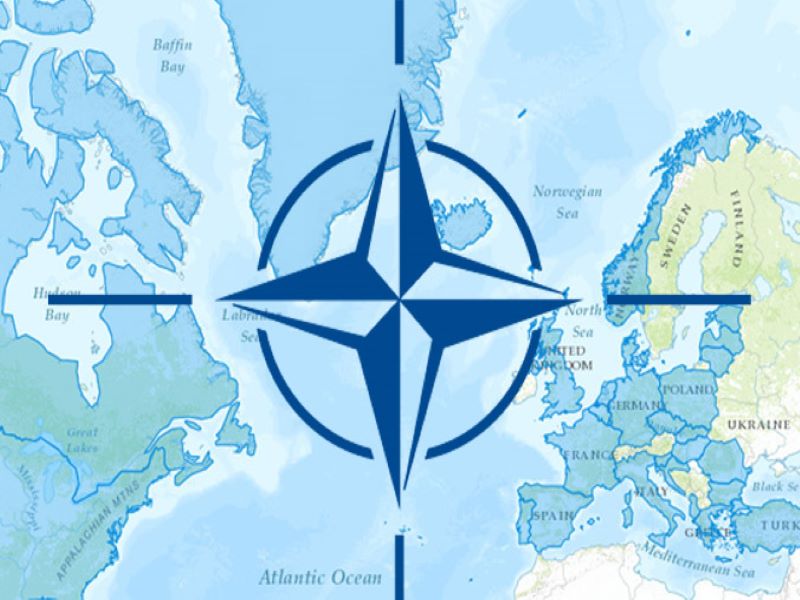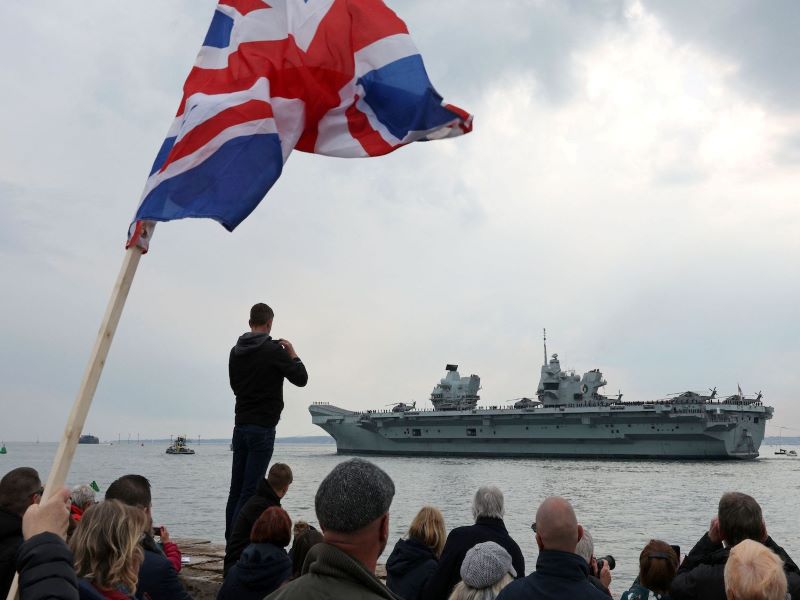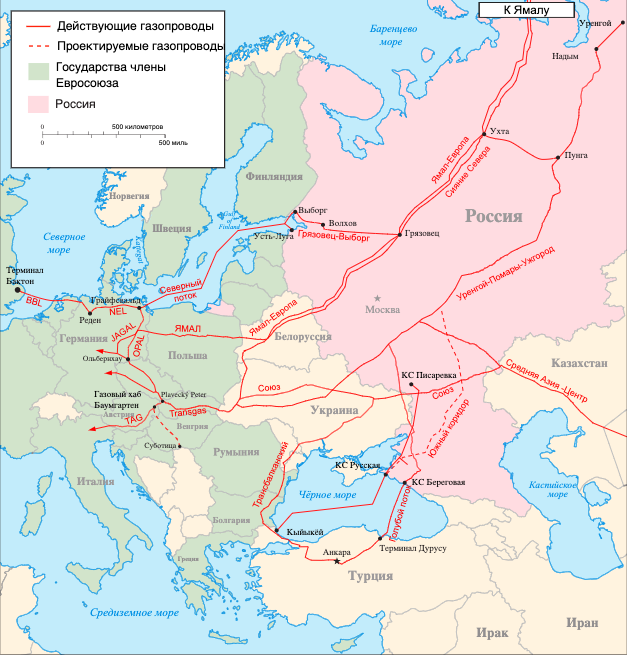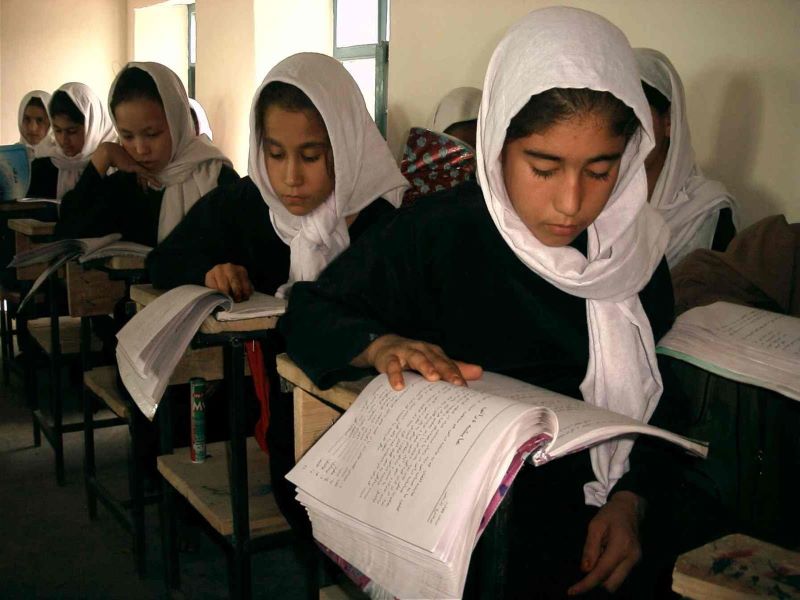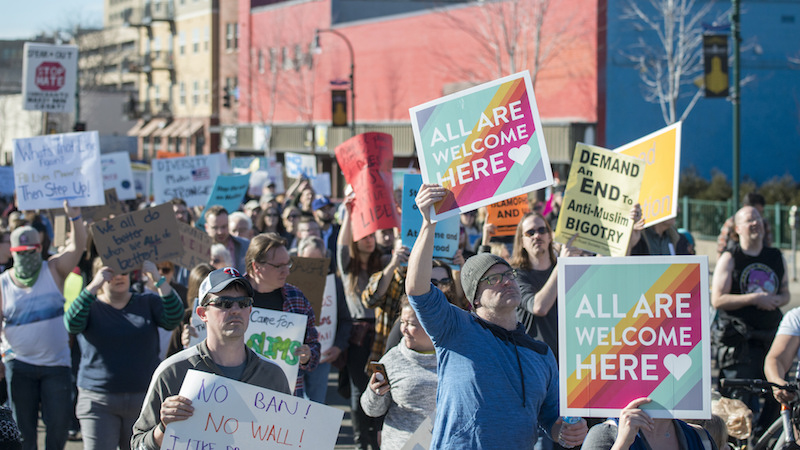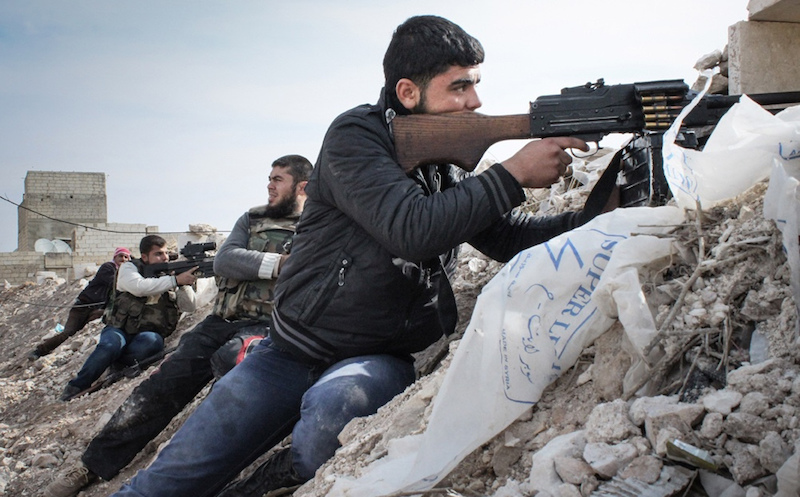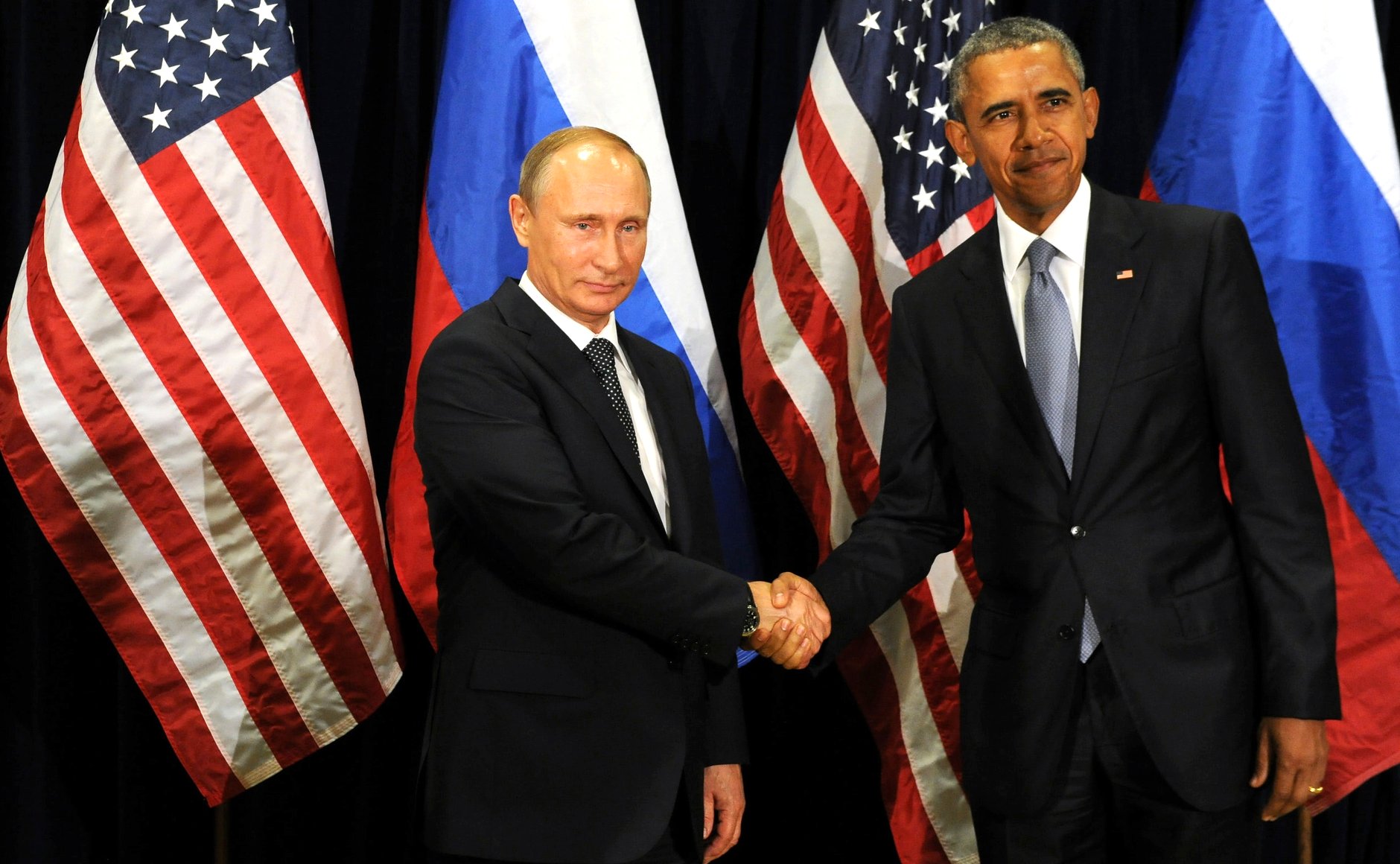This is Part One of a two part series on maritime autonomous systems. Introduction As the geopolitical landscape becomes increasingly complex, with rising global competition and evolving security threats, Canada must take decisive steps to enhance its maritime capabilities by adopting Maritime Autonomous Systems (MAS). While our allies, including the United States, France, and NATO Read More…
Tag: U.S.
Article V & the Indo-Pacific: Will NATO’s collective defence pact function in an out-of-area region?
In this article, Junior Research Fellow Andrew Erskine examines NATO’s collective defence pact against the backdrop of the growing contest in the Indo-Pacific to determine if Article V could be invoked to defend NATO members in the region.
The Luring of the Indo-Pacific: Can NATO formulate a collective regional strategy for its members?
In this article, Junior Research Fellow Andrew Erskine explores the unilateral Indo-Pacific strategy of four major powers in NATO and how they pose a challenge for NATO in developing a collective strategy for the region.
U.S. Passes New Geopolitical Energy Legislation
In the rush of activity at the end of last year, in preparation for adjournment, the U.S. Congress approved and President Donald Trump signed legislation including provisions for American foreign economic policy, and energy policy in particular. The one that has got perhaps more attention was the Eastern Mediterranean Security and Energy Partnership Act of Read More…
In Afghanistan, a Lack of Female Involvement Points to Weaknesses in the Current Peace Talks
In this article David Lazzam reflects on the Afghan peace talks. As the negotiations continue, optimism is belayed by concerns over the potential problems that might arise from the male-dominated negotiations.
Sanctuary Cities Under Trump’s America: Where Are They Headed?
President Donald Trump’s executive order on sanctuary cities and illegal immigration, although not binding by law yet, has prompted mixed legal reaction among states and cities. Some echo his sentiments to crack down on undocumented immigrants, while others stand their ground and fight on.
Autocrats against Rebels against Terrorists: The Difficulty of Creating Peace in Syria
Will the ceasefire succeed? Michele Di Leo analyzes why the chaos in Syria means that a long-term plan for peace will be difficult to create.
More Missile Defense Systems, More Problems
Juliette Bronchtein explores the security challenges emerging from NATO’s new European missile shield. These challenges come from both Russia and Iran as the allies attempt to balance competing security concerns and interests.
Women’s Security is State Security
Victoria Heath illustrates the connection between women’s security and state security with her latest infograph.
The Securitization of Public Health: American Biosecurity Since 2001
Washington has taken great strides in improving America’s biosecurity. Sandy Vingoe considers these changes and what it means for public health in the United States.


